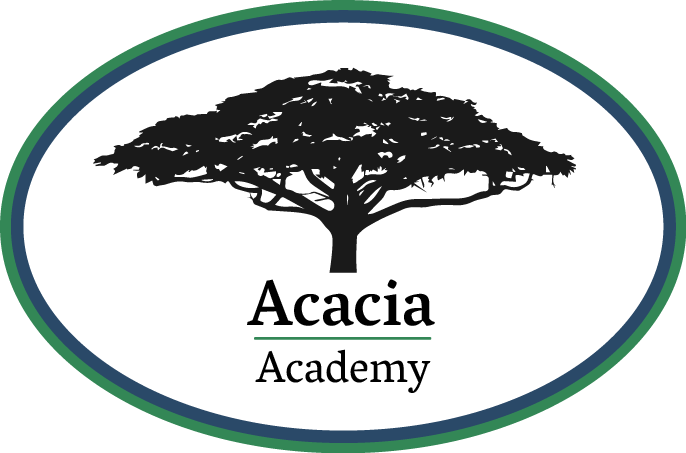Why Classical Education?
Imagine being able to combine the proven educational techniques used to educate the great minds of western civilization with the foundational truths and morals of the Christian faith. That is what is achieved by a Classical Christian education. It strives to cultivate wisdom and a love of learning rather than just teaching facts and skills. Key classical attributes include:
A liberal education: meaning broad in scope, rich in depth, well-rounded
A view that man is to be crafted like a work of art by a standard of excellence
Trivium based curriculum: tools of learning that are compatible with the stages of development of children

GRAMMAR
Stage 1
the memorization of facts and information

LOGIC
Stage 2
the organization of facts and the discernment of truth

RHETORIC
Stage 3
the full ownership of knowledge and clearly expressing it to others
Utilization of classic written works from the original great authors along the continuum of history (The Great Conversation)
Emphasize the connectivity and context of subjects: the relationship of art, history, music, language, philosophy, and science
Development of character-building habits: Attention, Obedience, Respect, Responsibility, Reverence, Reflection, Thoroughness, Punctuality, Service, Self-control, and Integrity
Mind-building teaching methods including narration, chants, nature study, short lessons, objective student evaluations, and minimal homework
This rigorous education model can be further enhanced by wrapping it with a non-denominational Christian worldview; providing continuity between a student's faith and his rational mind. Each child will be able to see that he is hand-crafted by God and that he is surrounded by a beautiful world waiting to be discovered. With a Christian foundation, children will also be able to learn in an environment of love, kindness, and joy, and they will be able to enjoy a wonderful community.
Children are our greatest responsibility. As we look to the future, we do not know which careers will be in demand or what problems our children will have to face. However, today we have an opportunity to help these precious children develop into independent thinkers with the faith, wisdom, character, and tools of learning that will help them deal with the challenges of the future.

